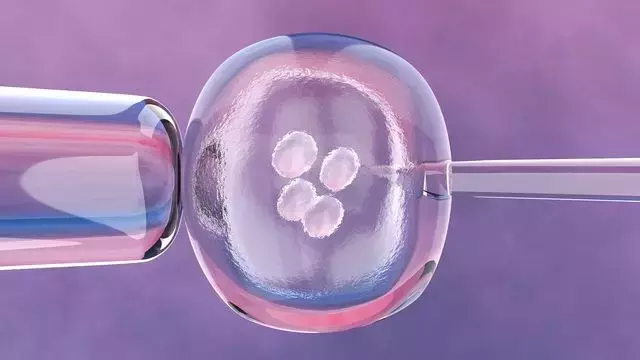Researchers from the Josep Carreras Leukaemia Research Institute have made a groundbreaking discovery that could significantly improve the success of CAR-T cell therapy for patients with B-cell acute lymphoblastic leukemia (B-ALL). Their findings, published in the prestigious journal Cell Reports Medicine, shed light on the critical factors that determine the efficacy of this innovative cancer treatment.
Revolutionizing Cancer Care: The Promise of CAR-T Cell Therapy
Unlocking the Potential of "Living Drugs"
The development of CAR-T cell technology has been a game-changer in the fight against cancer. These "living drugs" are T-cells that have been genetically modified to recognize and attack cancer cells within the patient's body. This revolutionary approach has offered hope to many patients who have relapsed or failed to respond to standard treatments, particularly in blood cancers. However, the researchers note that sustained complete remissions are only observed in less than 50% of patients one year after infusion, leaving room for significant improvement.Identifying the Key Drivers of CAR-T Cell Therapy Success
The new study from the Josep Carreras Leukaemia Research Institute has uncovered three critical features of the CAR-T cells themselves that can predict the success of the therapy, regardless of the patient. Using advanced single-cell multiomics technologies, the research team analyzed the effectiveness of an already-in-use CAR-T product, varnimcabtagene autoleucel (varni-cel), and correlated its biological characteristics to the clinical outcomes.The Importance of CD4:CD8 Ratio and T-Cell Exhaustion
The researchers found that the CD4:CD8 ratio of the CAR-T cells in the infusion product is a crucial factor in determining the success of the therapy. A threefold or higher amount of CD4+ cells over CD8+ cells was associated with a 95% complete cancer remission rate and a 43% five-year event-free survival. Additionally, the study revealed that the presence of T-cell exhaustion signals in the infusion product is linked to early relapses, lower event-free survival, and reduced persistence of the CAR-T cells within the patient after treatment. These findings emphasize the importance of carefully monitoring the quality of the infusion product, with a focus on the CD4 vs. CD8 ratio and the detection of exhaustion signals.The Expansion and Diversification of CAR-T Cells
The researchers also examined the behavior of the CAR-T cells after they are infused into the patient. They found that the expansion and diversification of the CAR-T cells in the weeks following infusion is critical to the success of the therapy. During this expansion phase, both the CAR-positive and CAR-negative cells work together to establish a functional and diverse set of T-cells, particularly the cytotoxic populations, such as CD8+ and gamma-delta cells, which are the key elements of the therapeutic effect. In the most successful treatments, the gamma-delta cell population increased up to 200-fold, and tracking its abundance in the patient's bloodstream proved to be a reliable prognostic marker.Towards Improved Outcomes for Cancer Patients
The findings of this study represent a significant step forward in understanding the complex dynamics of CAR-T cell therapy. By identifying the critical features of the CAR-T cells themselves, both before and after infusion, the researchers have provided valuable insights that could help increase the success of this innovative cancer treatment. With these insights, clinicians and researchers can work towards improving the quality control of infusion products, optimizing the expansion and diversification of CAR-T cells within patients, and ultimately, achieving higher complete remission rates and sustained disease-free survival for cancer patients.You May Like

